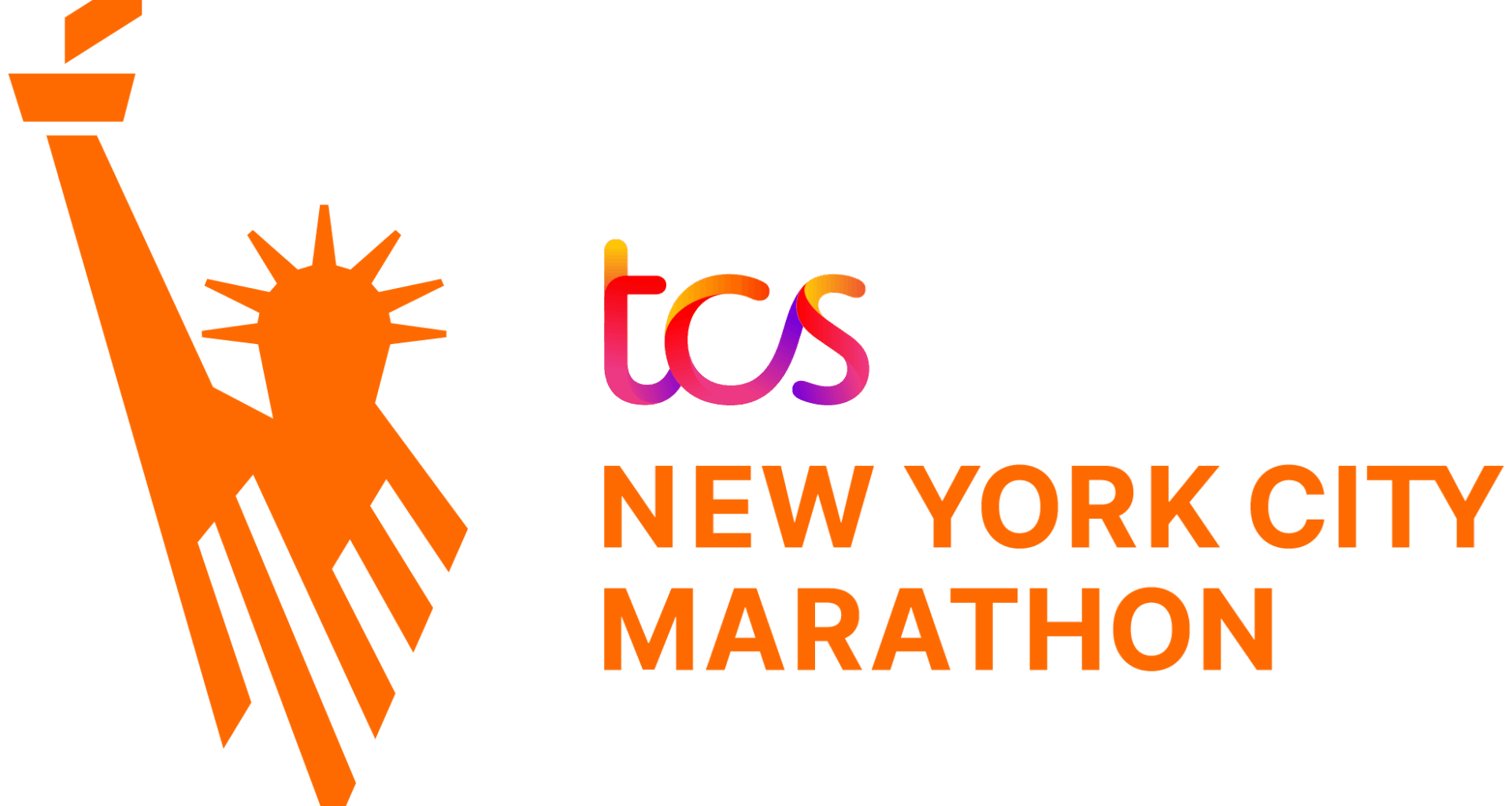At New York Road Runners, runner health and safety are our top priorities, and we have a comprehensive network of medical professionals and resources in place to support our runners every step of the way.
The TCS New York City Marathon, a true test of endurance, requires preparation and planning by runners and event medical personnel. NYRR works closely with CrowdRx, the New York City Fire Department Emergency Medical Services, SeniorCare EMS, and Medical Volunteers to ensure we have medical staff and qualified volunteers in place at the start, throughout the course, and at the finish. These personnel are ready to respond immediately to the medical needs of runners, spectators, volunteers, and staff.
Take part in the event only if you are properly trained and physically prepared to complete the full distance. Consider consulting with your physician before participating in the event.
If you are injured or experience any symptoms of fever, weakness, diarrhea, or vomiting prior to the event that could prevent you from being physically prepared to run 26.2 miles, we recommend that you consider not running the TCS New York City Marathon. If you are feeling weak or unwell, do not feel compelled to finish the race. Listen to your body and the signals it is sending to you.
Be Prepared: Update Your Emergency Contact Info and Save the RCC Number
Make sure your emergency contact information is up to date in your NYRR account and on the back of your bib. Learn how to update your emergency contact information here.
If you have a medical emergency or see another runner with a medical emergency at the TCS New York City Marathon (including in the start or finish areas) call the Race Communications Center (RCC) at 866.705.6626. It serves as the emergency hotline and is faster than calling 911 on race day. Save the number on your phone.
Tell your friends and family to call the Medical Information Hotline number (855.697.7786) to ask about runners who have received medical assistance during the race.
Runners can opt-into NYRR SMS notifications by logging into their runner dashboard.
Click on “Your Events” and navigate to “View Registration” next to the event (Marathon).
Under “Mobile Number”, check the box “I want to get event updates via text”.
Know the Signs: Listen to Your Body and Recognize Warning Signs
Listen to your body, and if you experience any of the following or have any other unusual symptoms on race day, stop at a medical tent to get checked out:
Chest pain, tightness, pressure, or discomfort
Heart skipping a beat, pounding, or racing
Dizziness or feeling faint
Having a hard time catching your breath
Nausea or vomiting
Tingling sensations in your extremities
Stopped sweating
Stabbing pain
When in doubt, stop at a medical tent to get checked out before continuing with the race.
Nothing New on Race Day: Race Like You Trained
On race day, stay hydrated and fueled: drink and eat like you trained.
Follow the simple rule for hydration—”drink to thirst”.
Drink both water and sports drinks to stay hydrated and maintain sodium levels.
Fluid stations offering water and Gatorade will be available on course every mile from mile 3 to mile 25, except at miles 5, 7, and 9.
If you did not train with caffeinated gels, bars, or drinks, don’t try one on race day.
On race day, carry your own fuel:
Limited number of Maurten gels will be available at Gel Depots at miles 12 and 18, with the non-caffeinated Maurten Gel 100 in black packaging and the caffeinated Maurten Gel 100 Caf 100 in white packaging.
Limited numbers of bananas will be available at mile 21.
Wear shoes and clothing that you trained in.
Know Your Resources: Medical Stations
Review the course map and be aware of the locations of medical stations—at the start, the finish, and every mile along the course from mile 3 to the finish. Every medical station has water, sports drinks, toilets, medical facilities, and access to transportation to the finish at the end of the event in case you are unable to complete the race.
Review the runner guide for everything you need to know for a successful race.
Be Ready to Act: Learn Hands-Only CPR
Runners support one another—if you see another runner collapse:
Call the RCC at 866.705.6626. On race day, this will be faster than calling 911.
Push hard and fast in the center of chest to the beat of a familiar song that has 100 to 120 beats per minute.
Don’t drop the beat—ask someone to take turns with you until medical help arrives.
Watch this video to learn more.
Stop by the CPR booth at the TCS New York City Marathon Expo Presented by New Balance to see demonstrations at Hall 3B, booth 504.
If you are interested in free CPR courses, visit the NYC Health website to learn more.
Stay Alert: Look at the EAS Flags and Adjust to Course Conditions
Familiarize yourself with the color-coded Event Alert System (EAS) that will communicate the status of course conditions. On race day, remain alert and take precautions to prepare properly for varying weather or course conditions.
EAS flags are at the start, at each medical station, and at the finish.
Scroll to the left on mobile to see full chart.
Alert Level
Event Conditions
Recommended Actions
Extreme
Event cancelled / Extreme and dangerous
Participation stopped / Follow event official instruction
High
Potentially Dangerous
Slow down / Observe course changes / Follow event official instruction / Consider stopping
Moderate
Less Than Ideal
Slow down / Be prepared for worsening conditions
Low
Good
Enjoy the event / Be alert
We wish you a safe and enjoyable race, and remember you could save a life by learning and performing hands-only CPR on and off the course.

